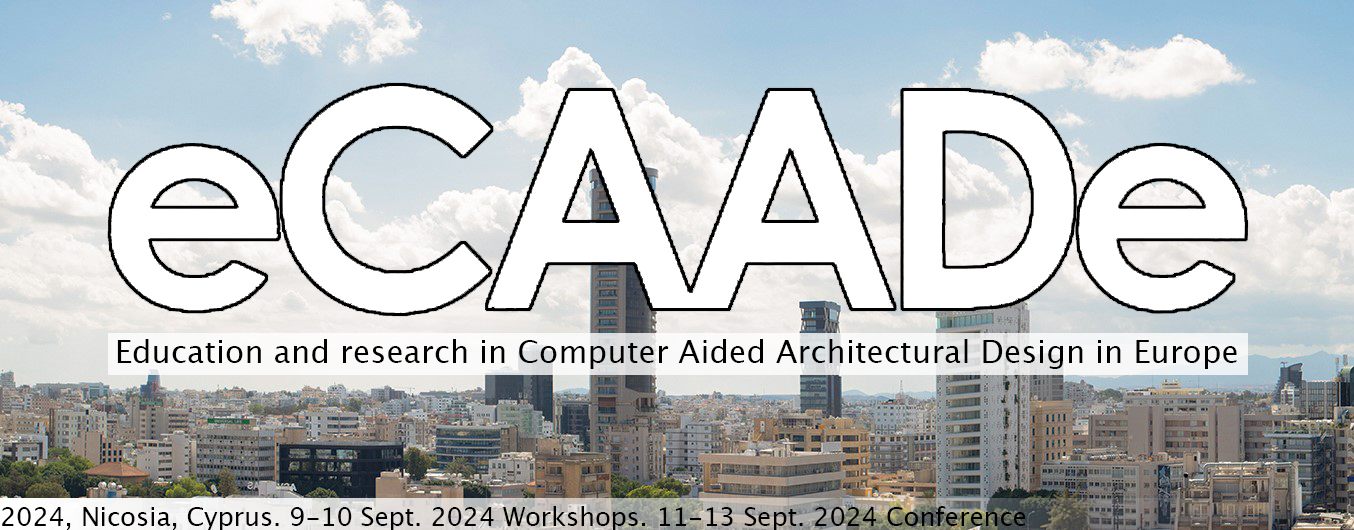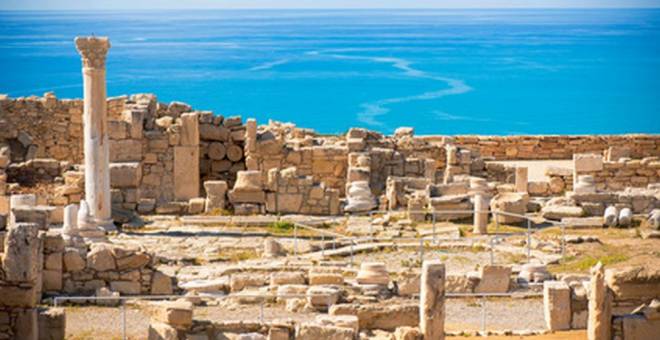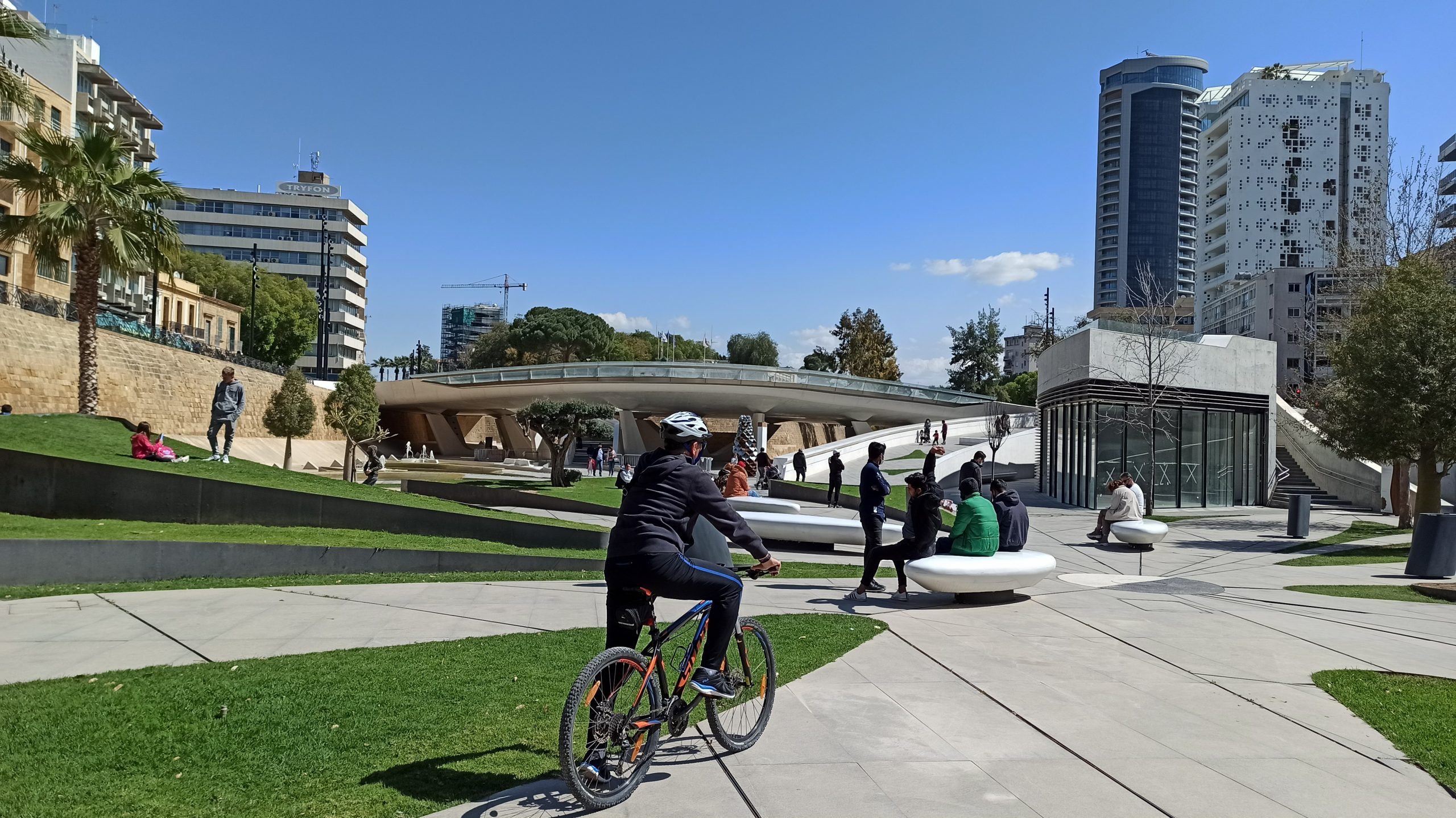
Conference Theme
During the 2020s and beyond, the field of computational design and fabrication will face a number of new challenges and opportunities offered by Artificial Intelligence (AI) and Machine Learning (ML). These technologies represent a new era of data-driven intelligence, which is steadily gaining increasing influence in other fields, but as yet has had little impact in architecture. At the core of this new technological shift, data will be collected, processed, shared, and used as a decision-making tool to resolve a multitude of social, economic, and environmental issues.
In view of this paradigm shift, the conference attempts to provide the ground for presenting and discussing possibilities offered by data-driven intelligence across a range of thematic areas. These diverse themes might in turn influence and provide the ground for reconsidering architectural knowledge and practice in the future. In parallel, the conference attempts to critically reflect upon, discuss and question the future of applying data-driven intelligence in architectural knowledge and practice. What are the risks posed by the use of data-driven intelligence in architecture? In this new era, what will the role of architects be? Does this mark the beginning of a reconsideration of the way architects participate in the creation of knowledge and practice, or will it bring about their marginalisation? What will the social, economic, and environmental impact of data-driven intelligence be?
The conference endeavours to address the theme of data-driven intelligence in architectural knowledge and practice spherically. It also looks to explore the advantages and disadvantages that this can bring to the discipline, but also the possibilities that it might offer, with particular emphasis on computational design and fabrication. In view of this perspective, the eCAADe 2024 conference ‘Data-Driven Intelligence’ invites authors to submit their work on the conference theme. [Read Exended Version]
Topics Include but are not limited to:
Conference Tracks
Data-Driven Intelligence:
- Artificial Intelligence, Machine Learning and Deep Learning for Design and Built Environment
- Building Information Modelling, Parametric and Generative Design
- Collaborative and Participative Design
- Data Acquisition, Big Data and Digital Twins in Architecture
- Design Concepts, Strategies and Experimentation
- Design Tools Development and Application
- Digital Design and Construction for Sustainable Built Environment
- Education in Computational Design and Digital Fabrication
- Human-Computer Interaction in Design
- Information Technology and Digital Heritage
- Internet of Things for Built Environment
- Numerical Control and Robotic Fabrication
- Shape, Form, Geometry and Material Studies
- Smart and Responsive Design and Optimization of Structures
- Smart Cities, Simulation, Prediction and Evaluation
- Theory and Practice in Computational Design and Digital Fabrication
- Virtual Reality, Augmented Reality and Mixed Reality in Architecture
Important Dates
- 15/1/2024 Abstract Submission Deadline
- 15/02/2024 Abstract Feedback
- 01/04/2024 Full Paper Submission Deadline
- 15/05/2024 Notification of Full Paper Acceptance
- 15/06/2024 Camera-Ready Submission
Latest News
- 1st Call for Abstracts Submission
- 2nd Call for Abstracts Submission
- Final Call for Abstracts Submission
- Abstract Feedback has been sent to all authors
- Call for Workshops
CYPRUS
The history of Cyprus is one of the oldest recorded in the world and its historical significance is disproportionate to its small size. The first signs of civilisation date to the ninth millennium B.C. The earliest known foreign settlements on the island were mainly of Phoenicians and Greeks, with Phoenician culture dominating the island’s eastern and southern parts. Cyprus occupies an important role in Greek mythology being the birthplace of Aphrodite and Adonis, and home to King Cinyras, Teucer and Pygmalion.
NICOSIA
Nicosia is the capital of Cyprus; a status it has enjoyed for 1000 years since the 10th century, though its beginnings date back 5000 years to the Bronze Age. It lies roughly in the centre of the island in the Mesaoria Plain, flanked by the beautiful northern range of Kyrenia Mountains with its distinctive ‘Pentadaktylos’ – the five finger mountain. The capital presents two distinct faces: the old, original part of the city, surrounded by sturdy Venetian walls over 400 years old, and a busy modern metropolis.
VENUE
The University of Cyprus was established in 1989 and admitted its first students in 1992. It was founded in response to the growing intellectual needs of the Cypriot people, and is well placed to fulfil the numerous aspirations of the country. The University is a vigorous community of scholars engaged in the generation and diffusion of knowledge. Despite its brief history, the University of Cyprus has earned the respect of the international academic community and the appreciation of Cypriot society. (https://www.ucy.ac.cy/en/)
Conference Theme
During the 2020s and beyond, the field of computational design and fabrication will face a number of new challenges and opportunities offered by Artificial Intelligence (AI) and Machine Learning (ML). These technologies represent a new era of data-driven intelligence, which is steadily gaining increasing influence in other fields, but as yet has had little impact in architecture. At the core of this new technological shift, data will be collected, processed, shared, and used as a decision-making tool to resolve a multitude of social, economic, and environmental issues.
In the near future, the dynamic and adaptable changes occurring in the built environment which are influenced by climatic and environmental phenomena will be leveraged and used. This includes the effects of occupancy behaviour, the building’s structural behaviour, fabrication and material characteristics, in combination with the effective harvesting, harnessing, processing and use of large amounts of data. This process will in turn offer new opportunities in design decision-making, as well as in the implementation of new ideas for achieving the best performance, but also for considering contradictory objective criteria.
Ιn view of this paradigm shift, the conference attempts to provide the ground for presenting and discussing possibilities offered by data-driven intelligence across a range of thematic areas. These diverse themes might in turn influence and provide the ground for reconsidering architectural knowledge and practice in the future. Characteristic examples might include the recording of environmental and behavioural conditions in the built environment. For example, the recording of lighting and temperature through the Internet of Things (IoT), as well as examining their integration with AI, and therefore allowing for greater customisation of spaces by the users. Moreover, cases where future advancements in computer capacity, combined with AI and ML, will offer the prospect of more powerful immersive environments coming to the fore. In addition, the conference aims to showcase examples where Virtual and Augmented Reality (VR and AR) experiences can be leveraged by datasets in the form of point clouds. This could, for instance, be through 3D Scanning, allowing for greater interaction between the physical and digital worlds, and simultaneously, through the introduction of concepts such as Digital Twins (DT) in various aspects of architectural design and construction. Furthermore, the conference attempts to discuss cases where a large number of fabrication datasets and workflows might be evolved, in combination with the plethora of digital tools currently available. The aim here would be to present how the collection and processing of constantly added data might extend fabrication intelligence, providing a number of advantages, as well as new challenges. More specifically, the conference aims to demonstrate cases where numerical control mechanisms, including robotic technologies applied in several fabrication tasks, such as Additive Manufacturing (AM) and 3D Printing, might be more adaptive in structural and material behaviour conditions. This adaptability allows for superior fabrication intelligence to emerge.
In parallel, the conference attempts to critically reflect upon, discuss and question the future of applying data-driven intelligence in architectural knowledge and practice. What are the risks posed by the use of data-driven intelligence in architecture? In this new era, what will the role of architects be? Does this mark the beginning of a reconsideration of the way architects participate in the creation of knowledge and practice, or will it bring about their marginalisation? What will the social, economic, and environmental impact of data-driven intelligence be?
The conference endeavours to address the theme of data-driven intelligence in architectural knowledge and practice spherically. It also looks to explore the advantages and disadvantages that this can bring to the discipline, but also the possibilities that it might offer, with particular emphasis on computational design and fabrication. In view of this perspective, the conference includes, but is not limited to, the following topics:
- Artificial Intelligence, Machine Learning and Deep Learning for Design and Built Environment
- Building Information Modelling, Parametric and Generative Design
- Collaborative and Participative Design
- Data Acquisition, Big Data and Digital Twins in Architecture
- Design Concepts, Strategies and Experimentation
- Design Tools Development and Application
- Digital Design and Construction for Sustainable Built Environment
- Education in Computational Design and Digital Fabrication
- Human-Computer Interaction in Design
- Information Technology and Digital Heritage
- Internet of Things for Built Environment
- Numerical Control and Robotic Fabrication
- Shape, Form, Geometry and Material Studies
- Smart and Responsive Design and Optimization of Structures
- Smart Cities, Simulation, Prediction and Evaluation
- Theory and Practice in Computational Design and Digital Fabrication
- Virtual Reality, Augmented Reality and Mixed Reality in Architecture
Special Lufthansa Group airlines fares for flights to Larnaca or Paphos.
Click here for more information











